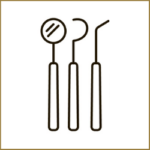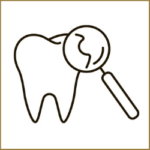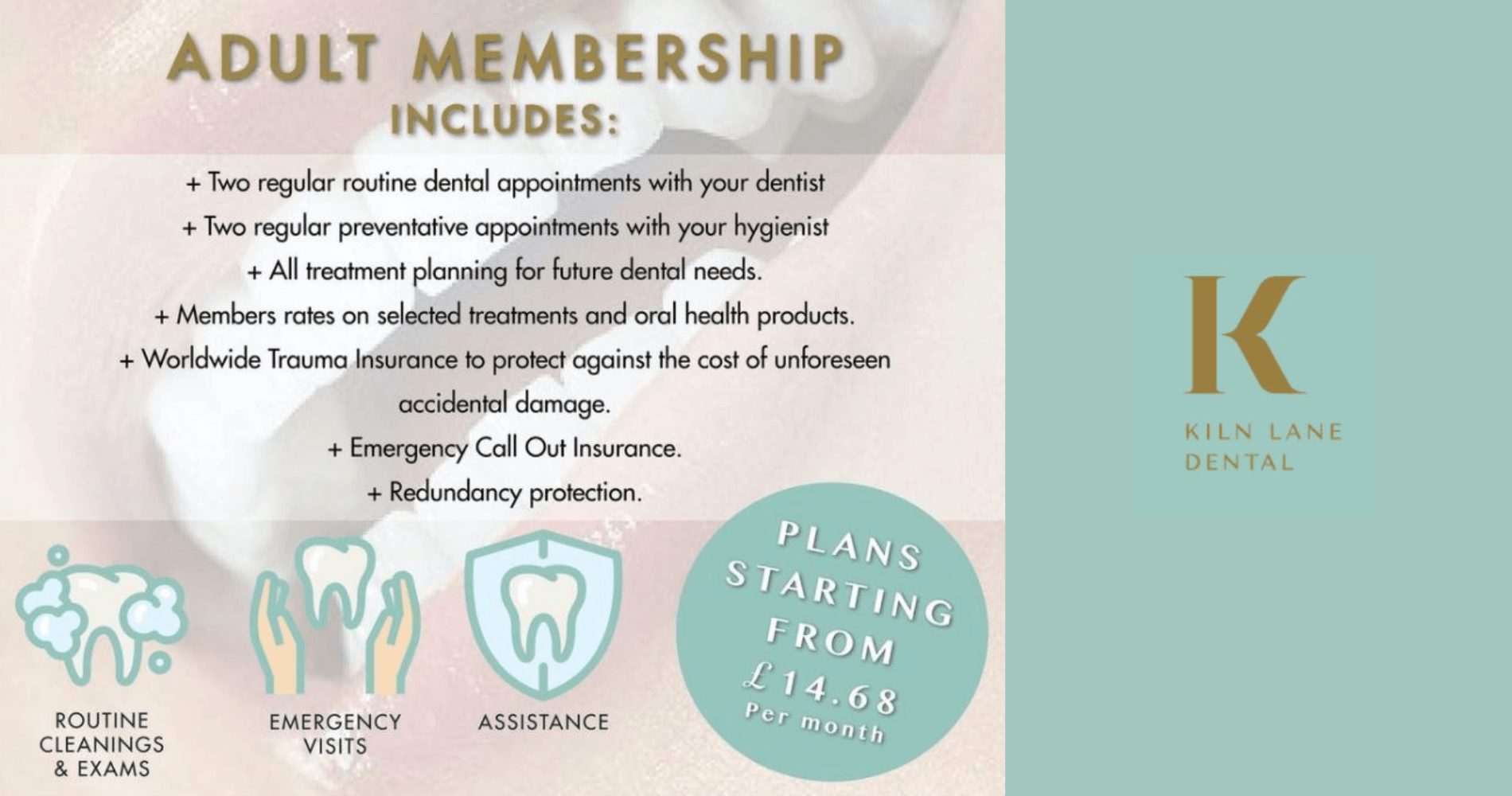Still not booked the little one in for their first check-up?
You’re not the only one.
According to NHS digital data, less than 10% of children under the age of two visited the dentist last year. Which is why, the British Society of Paediatric Dentistry has recently placed a renewed emphasis on their DCby1 – Dental Check by One – campaign.
The official advice is that you should take your child to the dentist when their first tooth erupts or by their first birthday (whichever comes first). But many parents don’t, either because they’re scared of the dentist themselves or are worried about how their child will react.
At Kiln Lane Dental, we’re not technically classed as a ‘children’s dentist’. But we are regarded as one of the best family dental clinics in St Helens and welcome children of any age.
Here we’ve rounded up a few tips to help prepare (and reassure) your child for their first trip to the dentist. Just so you can do a little groundwork before visiting, and ensure your appointment is a smooth, beneficial and tear-free experience.
5 ways to prepare your child to see the children’s dentist
1. Let them tag along
Got your own routine check-up coming up?
It may be worth bringing your child along to the appointment. We don’t mind a little audience, and as long as you’re not having a heavy-duty root canal, it can be really beneficial.
The experience will help to familiarise your child with the smells and sounds of the dental practice. Watching you interact positively with the dentist can also significantly reduce their anxiety – it teaches them there’s absolutely nothing to be scared of.
2. Tell them what to expect
Dental anxiety in children is usually due to a ‘fear of the unknown’. They don’t know what to expect and this lack of understanding is what causes their apprehension. So, teach them.
Our advice is to keep it fun.
Perhaps practice giving their favourite stuffed animal a check-up? Or read them a book on the subject? Some of the best currently available include ‘Dentist Trip (Peppa Pig)’, ‘We’re Going to the Dentist’ and ‘Dora Goes to the Dentist’. All of which can help to explain what will happen at the appointment – in a way they understand – and boost their confidence.
If books aren’t their thing, there are also plenty of YouTube videos that are really helpful. One of our favourites is ‘Peppa Pig at the Dentist’, but there are many to choose from – with something to suit all age groups.
3. Pick a ‘happy’ appointment time
Try to book an appointment at a time that suits your child best – ideally, when they’re at their happiest and most attentive (i.e. not when they’re hungry or ready for a nap!).
Afternoon appointments are not advisable, especially for your child’s first visit to the dentist – as they’re likely to be tired and this can have a huge negative impact on their response. For most toddlers, the ideal time is early morning. Just get up and get it out of the way.

4. Bring a furry friend
If your child has a favourite cuddly toy or doll – something they find comforting – it’s worth bringing it along to see the children’s dentist.
Not only will it help them to feel safe and secure in the unfamiliar environment, we can also incorporate a dental check-up for their teddy too. We’ll use the opportunity to demonstrate what will happen throughout the appointment, alleviating their anxiety and helping them to relax before getting in the dentist’s chair themselves.
5. Talk positively
Even if you aren’t a massive fan of the dentist yourself, don’t let it show. Children pick up on concerns and it can heighten their own fear unnecessarily. So the trick is to be as positive as possible and talk about your child’s upcoming appointment as though it’s not a big deal.
If you’re particularly worried about passing on your own anxiety, we advise saying nothing at all. Our team use carefully-chosen phrases and terminology, to explain everything in a way that is clear and comforting. So just tell them the basics and leave the rest to us.

Book an appointment today
Booking a dental check-up for your 12-month-old baby may feel a little premature – but it really is the best way to safeguard their oral health and instil good habits from an early age. And it doesn’t have to be a stressful or scary experience – for you or your child!
Detailed information on the importance of child dentistry can be found in our previous blog. So why not take a look, set aside your apprehensions, and book their first visit to the dentist today? Just give us a call on 01744 25776.
Here at Kiln Lane Dental, we’re a family-centric and friendly St Helens dental practice and we’re currently accepting new patients. Appointments can be made on a ‘pay as you go’ basis. Or we offer a children’s monthly membership plan, which includes two check-ups per year, and is a great way to keep your child’s dental care costs to a minimum.
If you have any questions, you’re also welcome to contact us at any time. Simply send an email to info@kilnlanedental.co.uk and we’ll respond to your enquiry as soon as possible.






















